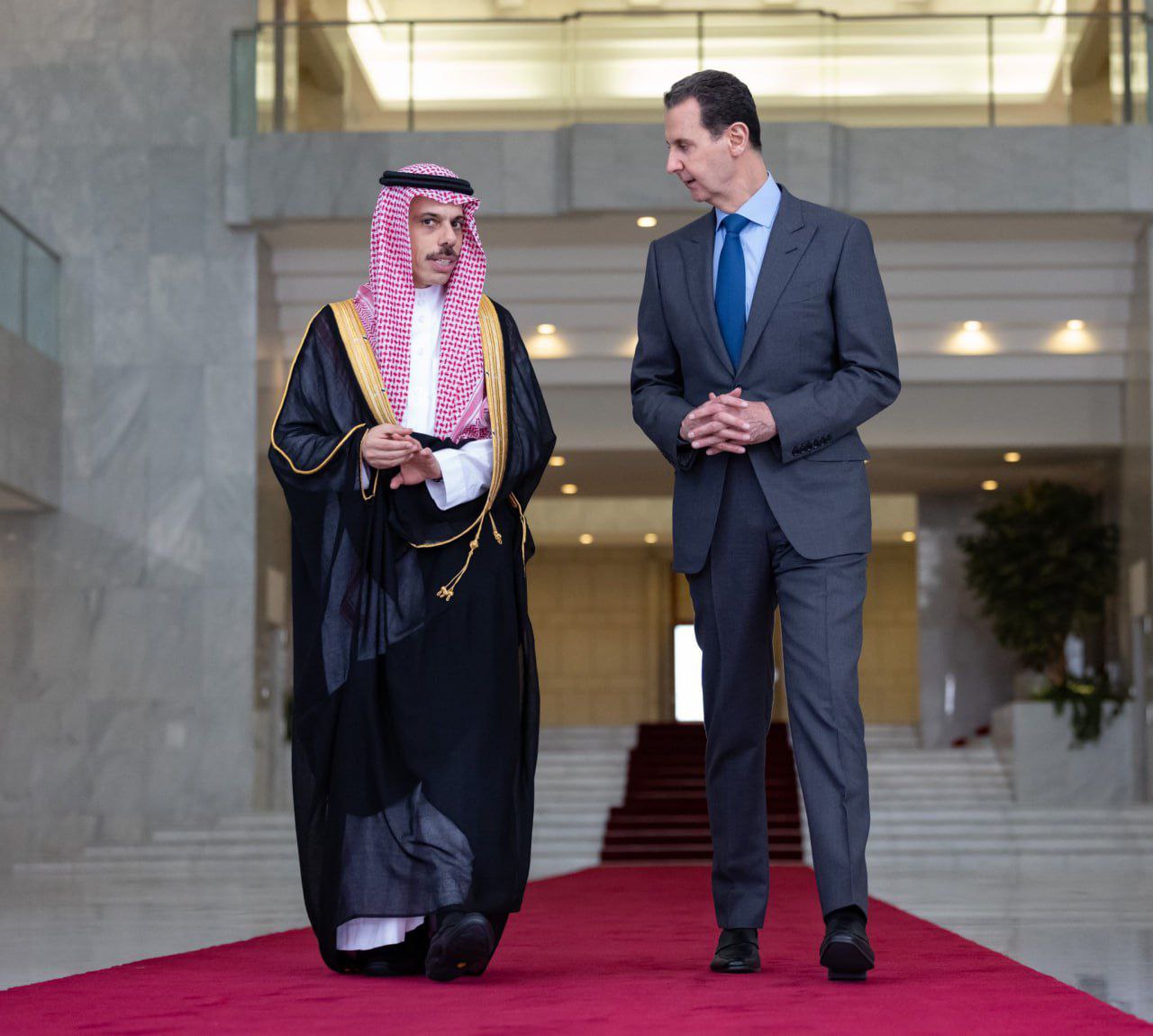The recent intense movement towards Bashar al-Assad suggests that everyone acknowledges his survival, and their race towards him, as if each of the contestants fears that the competitors will reap the prize of Assad’s alignment with his side. Many headlines in the past weeks carried this meaning. Indeed, an Arab official accompanying normalization with Assad was quoted as saying that the latter is not interested in his return to the Arab League.
Among the recently circulated examples of al-Assad’s “indication and refusal” is his demand from Washington for a political change in its position in return for his release of the American hostage; Journalist Austin Tice, who has been kidnapped since the summer of 2012. At the same time, speculation is increasing that there is American satisfaction with the Arab approach to normalization with Assad, which suggests a link between American consent and the release of the hostage. It is worth noting that the Sultanate of Oman plays a mediating role between Washington and Assad, while news recently indicates Emirati mediation between him and the SDF, while interpreting it in the context of competition as well, as the rapprochement between Assad and SDF is a response to Turkish attempts at normalization with him at the expense of the Kurdish forces and administration.
As it is well known, al-Assad’s demand for the withdrawal of Turkish forces from Syria emerged in a way that was intended to be remarkable, in order for him to accept normalization with Ankara, which he wants, “according to what has also become widespread,” unconditional normalization other than cooperation against the SDF. On the other hand, no news was leaked about pledges by him to Ankara in return for its withdrawal, and this was implicitly limited to what was circulated before in terms of returning to the Adana Agreement between the two sides. It does not depart from the same context to portray al-Assad as the first voter in the Turkish elections that will be held in a few days, as if he is promised more than what Erdogan is offering in the event that his rival wins.
The Iranian-Saudi rapprochement reduced the hypothesis of the two sides competing over Assad, especially on the occasion of Raisi’s visit, which was the first visit of an Iranian president after the outbreak of the revolution, during which he was keen to declare victory. On the eve of Raisi’s arrival, Israel carried out a new raid on Aleppo Airport, to remind the arch-host that Tel Aviv is present, and it has a share of Assad “at the expense of the Iranian share” as long as it has a share in the decision to stay. It would be tempting to talk about competition as well, if we take into account that the Arabs who have a closer relationship with Tel Aviv are the most enthusiastic about Arab normalization with Assad, without the need to recall their leadership in this field on their own.
In the news, the Iranian president in Damascus signed strategic agreements, including 15 economic agreements that include the future, if the international siege on Assad is eased and reconstruction is allowed. The “most urgent” part related to electricity may be included in the early recovery projects, and ironically, under the new agreements, Tehran may benefit from Gulf grants offered by enemies of recent times. In what carries an indication, or a message, the Iranian president met with Assad’s foreign minister in Damascus, and listened to him explain his meetings related to the issue of normalization and return to the Arab League. With the Iranian president in Damascus, Ankara announced its conditions for normalization with Assad, and Turkish presidential spokesman Ibrahim Kalin summarized it as saying, “Turkey expects a clear position from Damascus on the issue of combating terrorism and the PKK and its affiliated organizations, the safe, dignified and voluntary return of Syrian refugees to their country, and payment the political process.” As for the Turkish Foreign Minister, who announced on the same day “Wednesday” that a quadripartite meeting would be held in Moscow a week later, he renewed his country’s rejection of Assad’s demand, and saw that the Turkish withdrawal is the last step in fragmented Syria.
Meanwhile, Amman continued to work on the normalization file, after receiving the initiative from Riyadh, and Jordanian officials went public with details of their initiative, at the forefront of which is the issue of stopping drug smuggling from Assad-controlled areas through Jordan and Iraq. Talk has become clear about the step-by-step methodology, as the first month will be a test for progress in the issue of drug export, in the hope that progress in it will be an entry point for moving to the refugee file in Jordan and Lebanon.
Collecting the above, we can come up with a more complete conception of “competition over the victorious Assad.” The Iranian president signed with him a “memorandum of understanding for a comprehensive long-term strategic cooperation plan,” in addition to the economic agreements. it Tehran. What Tel Aviv wants is constantly emphasized by Israeli raids on Assad airports, or on other sites that Tehran invests in. If he wants to avoid raids, he must limit Iranian political and military influence, which his agreements with his Iranian counterpart have just confirmed.



















